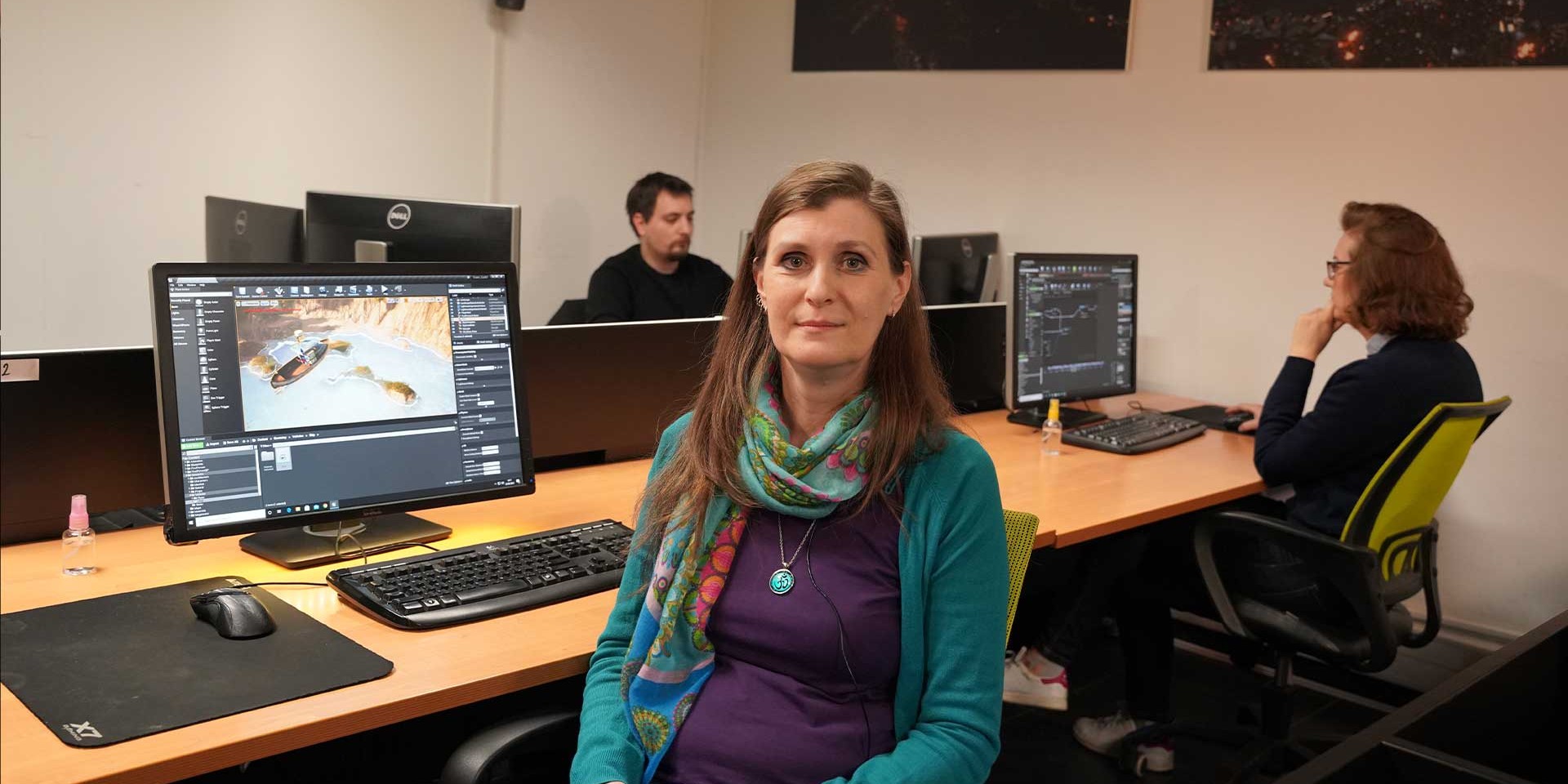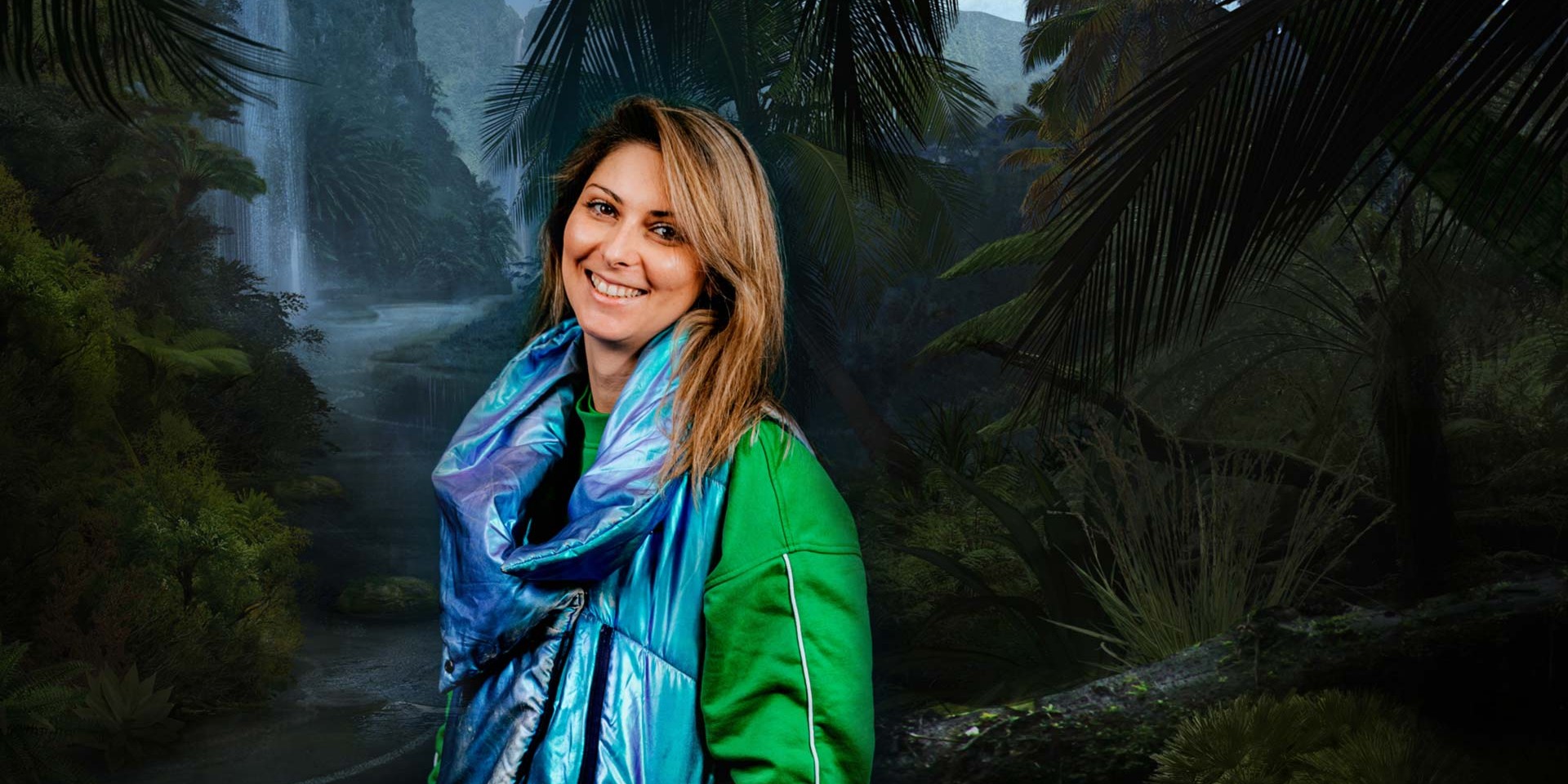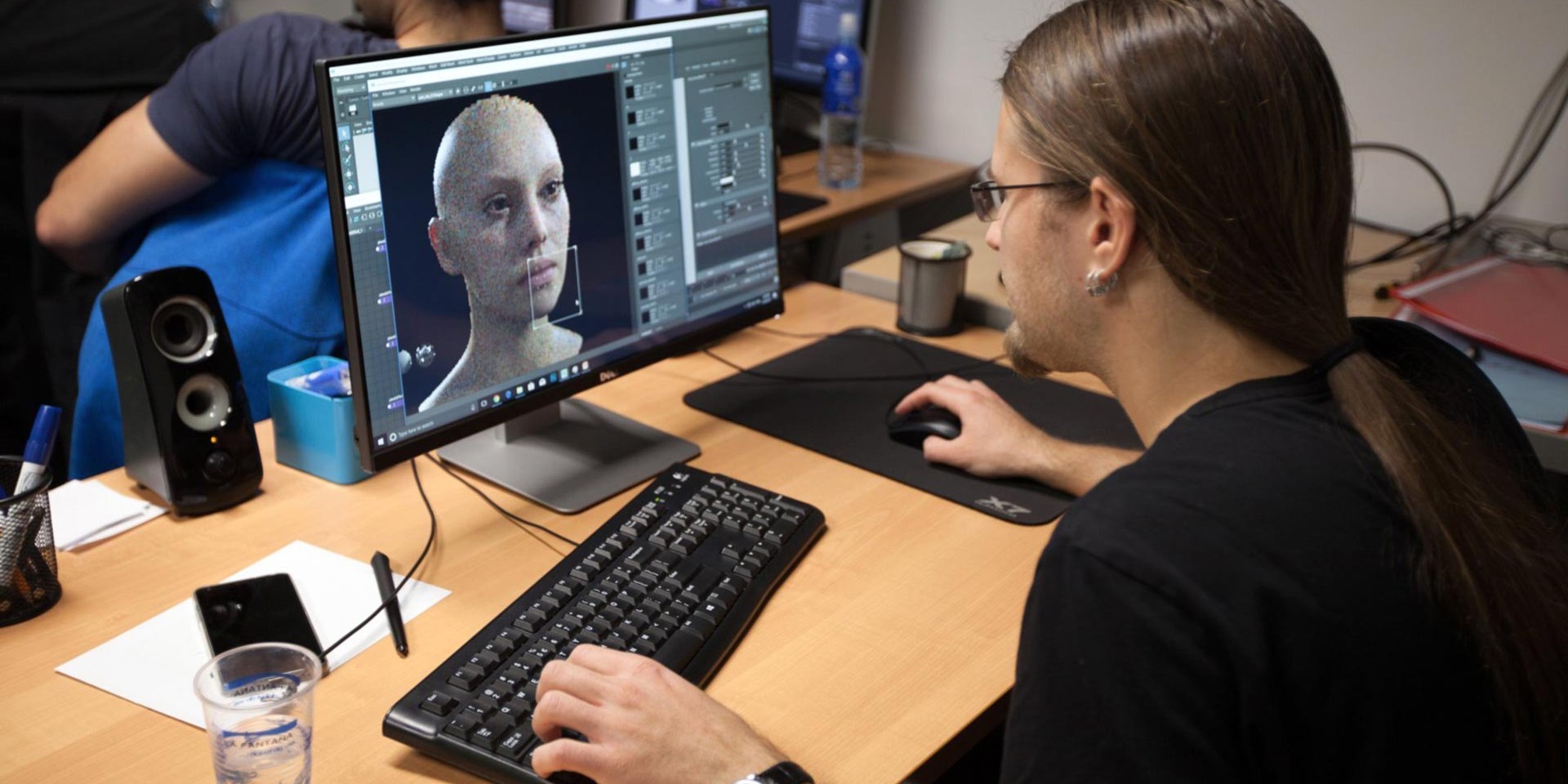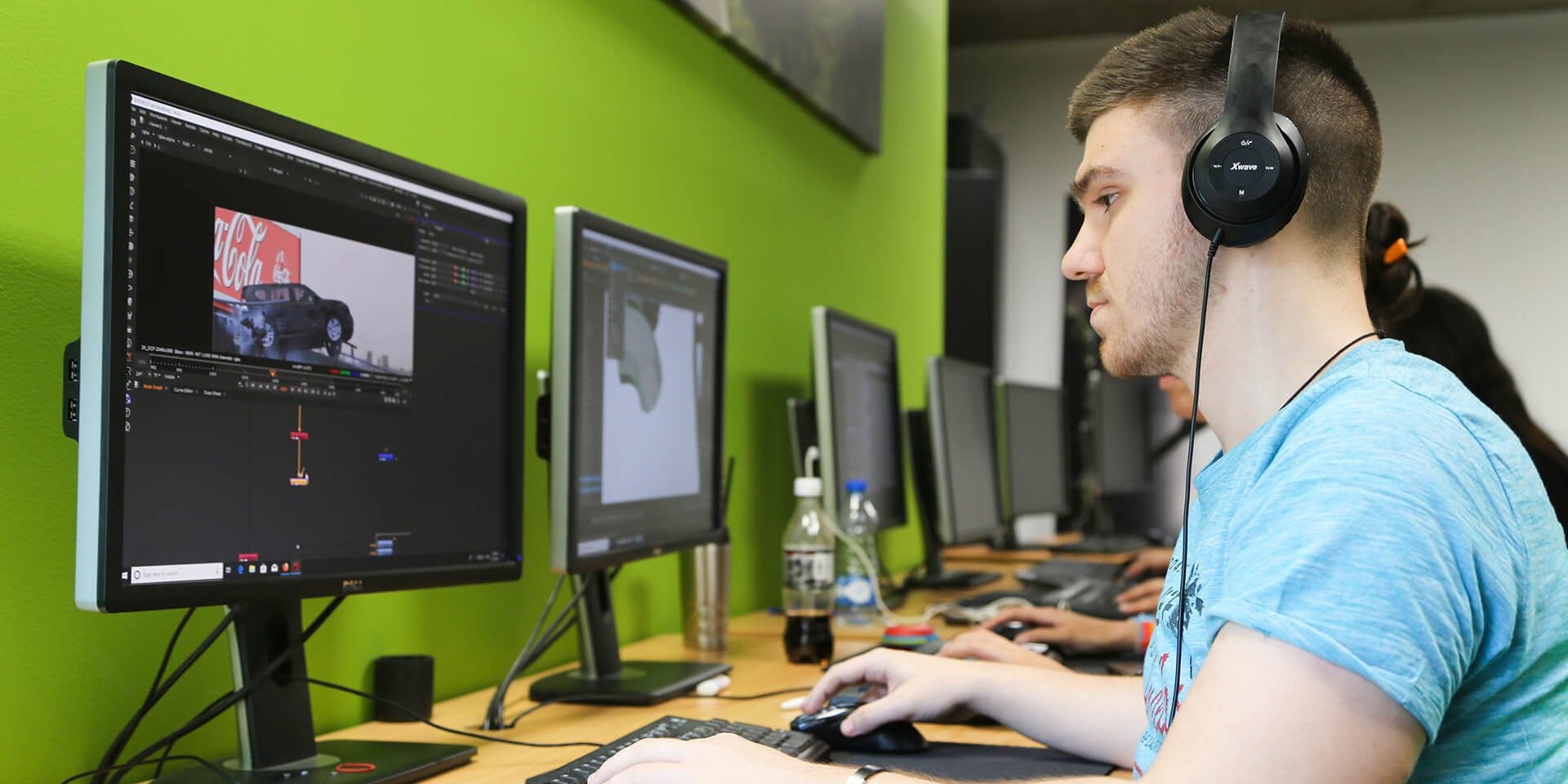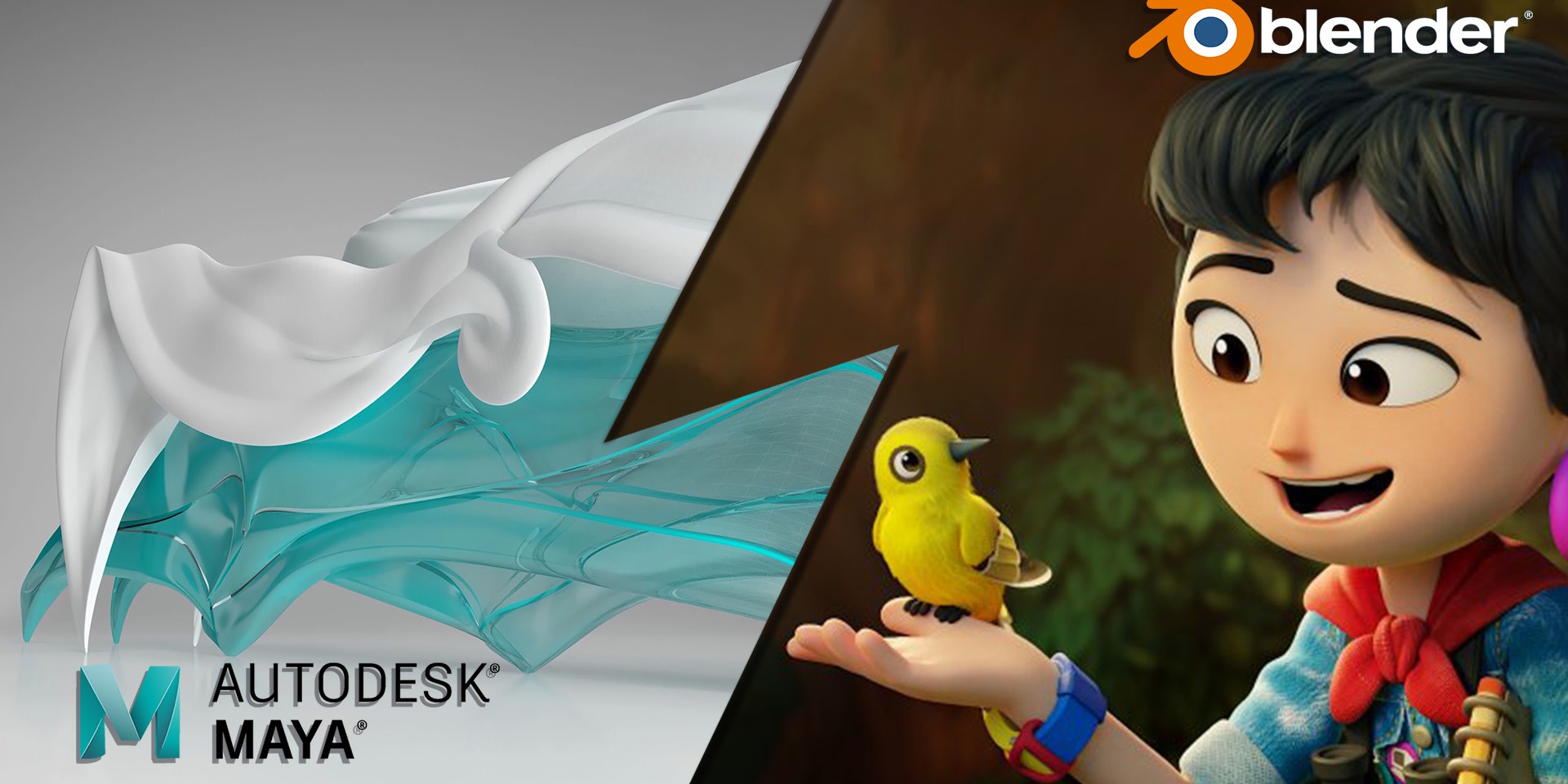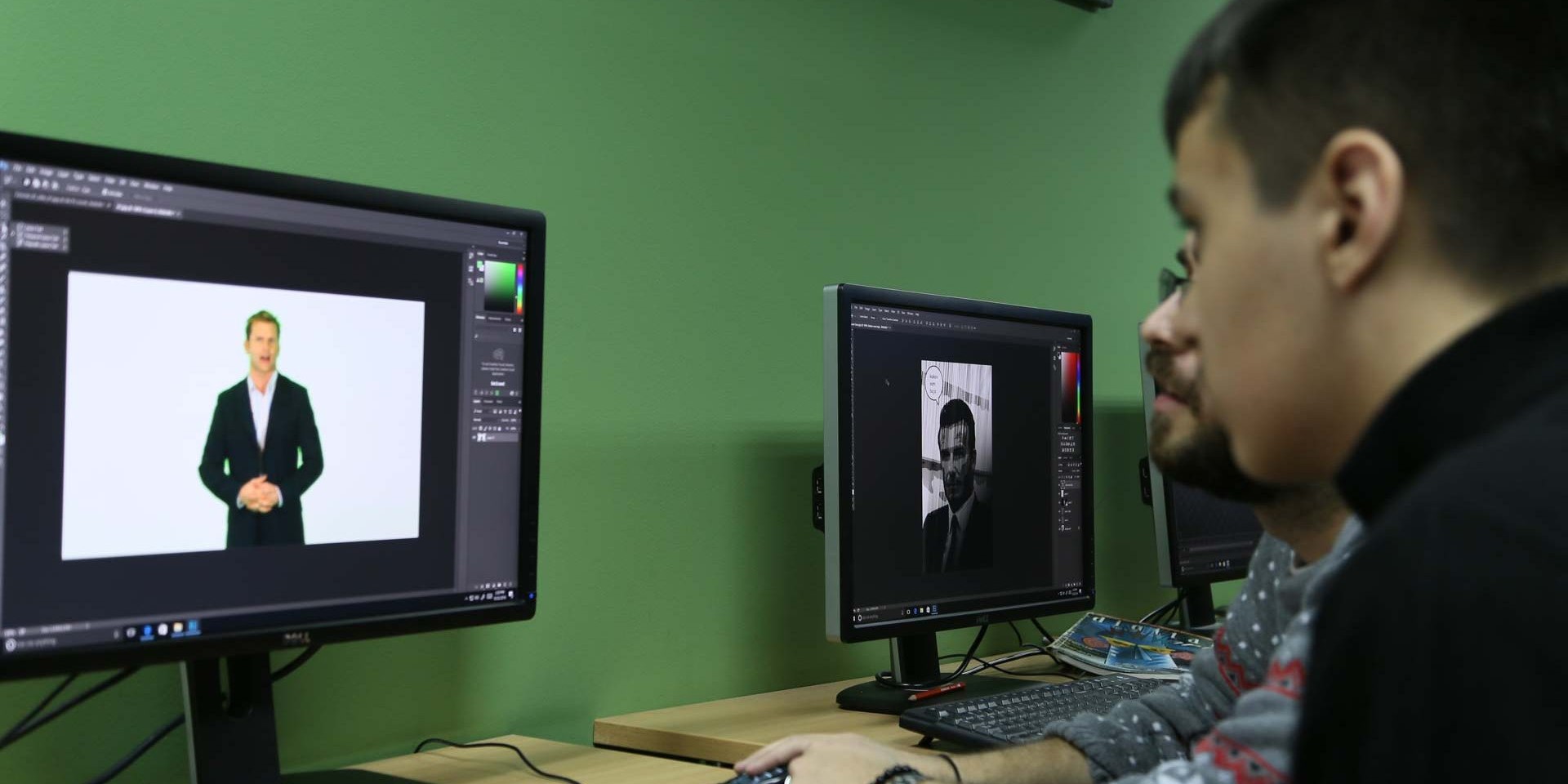Vesna Dinić Miljković: With every new project, the knowledge, and ambition of our artists inevitably grow
In case you follow job postings in the field of visual effects and computer graphics in general, maybe you have noticed from time to time a job offer opens up for a position that’s a little less known, but exceptionally important called a VFX coordinator.
In order to get you familiar with the characteristics of this job, as well as the desirable profile of the person having it, today we talk with one of our favorite coordinators in Crater Studio. The person in question is Vesna Dinić Miljković, a producer and a film history professor who has had an enormous experience in film production.
Vesna has been working in film production for over 15 years, and her role in Crater is a bond between a client, a producer, and the artists themselves, so she makes sure that every project is going in the right direction and agreed-upon rhythm. She says that the need to work in this industry probably stems from her utopian, even a little childish wish to “live in a film”. To live a film and to live on a film, were the natural outcomes of that desire.
“Film production for me has been a way to envelop all aspects of film business and get familiar with the challenges that each individual phase of producing a film presumes – from the preparation to postproduction, and finally distribution and market placement as the culmination of the process”, Vesna starts off.
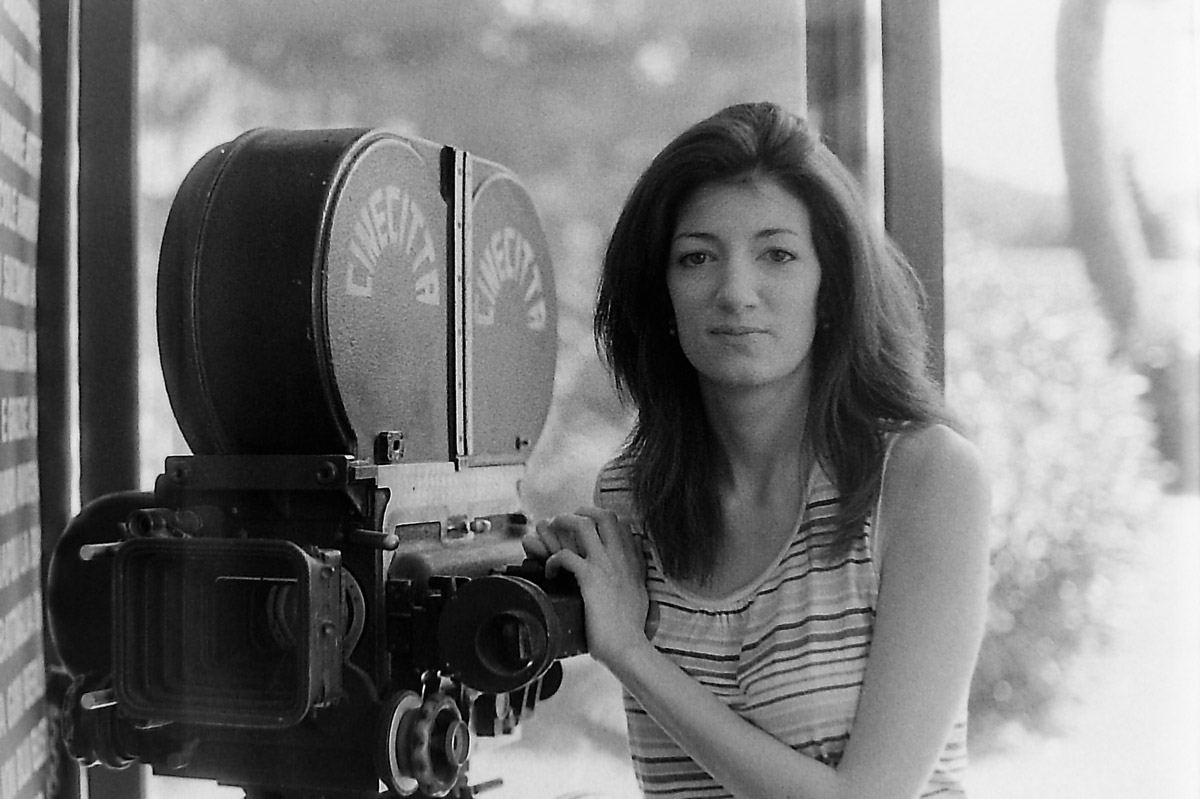
CTC: How much has your attitude changed towards the industry compared to the period when you studied film production up until today when you play a big part in it?
Vesna: Many new possibilities of financing have arisen, as well as new platforms for releasing a film, but at the same time the sovereign domination of series has limited the maneuver space of film in this respect. These new possibilities, before all else, require a bigger creativity of the producer in his attempt to make film visible and relevant in the global market. This, of course, does not apply to Hollywood blockbusters that have this path completely open and guaranteed right from the announcement of their production.
How has the local scene changed during this time? What has surprised you the most?
Vesna: The social, political, and cultural circumstances are changing, which inevitably reflect on the films being made. It is quite refreshing to see films by young authors who most often decide to speak about wider social circumstances, by translating them to the intimate experience of their characters. Immediacy and unpretentiousness of the visual, narrative as well as acting style, is the key to their honesty that brings the film art back to its genuine gist.
What fruition from your production period was the most challenging, and which set was the most pleasant to work on?
Vesna: Our professors always taught us that working on student films with almost zero production budget is much harder than working in professional conditions. If we can manage them, everything after will seem much easier. That filmophile-like enthusiasm and feeling that the world is ours got us through all the hardships of student filming, even straight to the awards that further gave an alibi to that zest. However, I will remember those sets as the most fun ones. The real problems came much later.
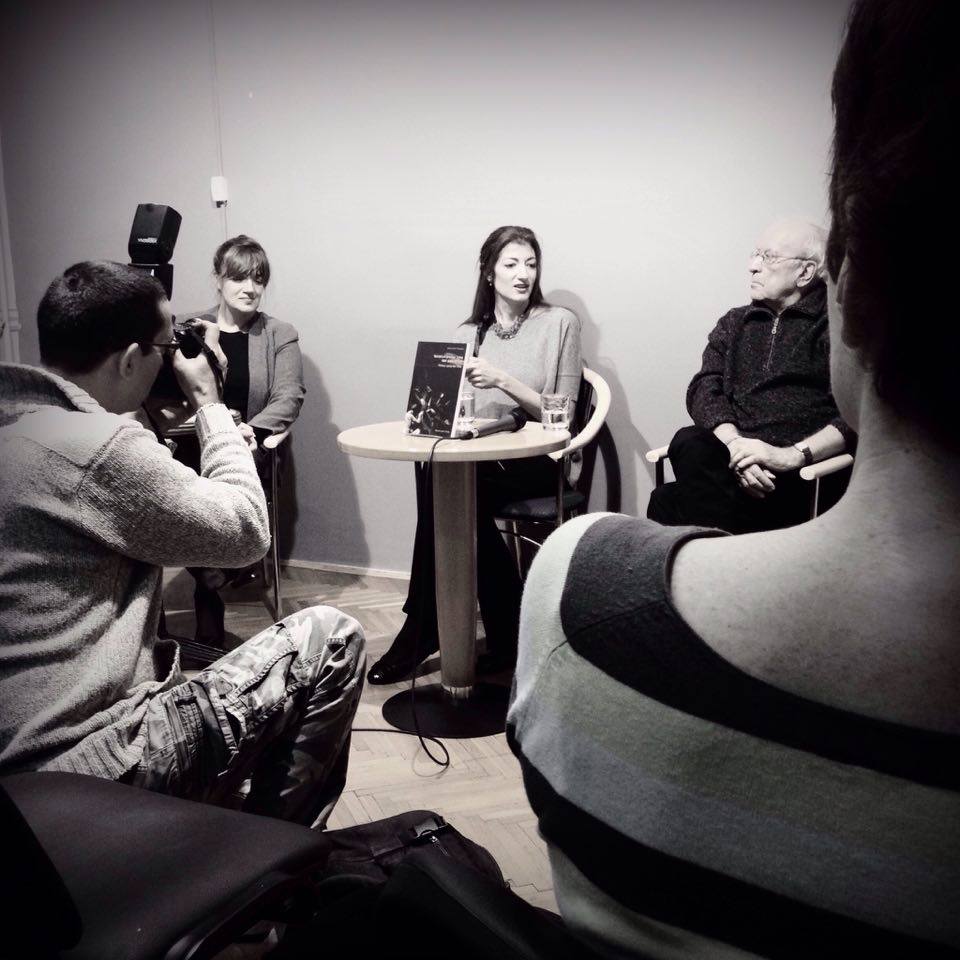
Can you tell us something about your academic career? How do you like working in education?
Vesna: There is nothing more beautiful than sharing your passion for something with others. The exchange of opinions with my students is an inspiration for me that I later converse to my writing about this art. I do hope that our discussions are at least half as much inspiring to them as they are to me.
In the last few years the VFX industry has had its own boom, how do you look at all of this? What are the advantages, and where do the biggest challenges of this situation lie?
Vesna: The advantages are surely the fact that there are no limits to our imagination anymore. You can get close to the visible reality completely, but also make vivid fantasy worlds come to life. Whether or not you succeed exclusively depends on the time and the money that you will invest into this venture, because the technology allows you to do whatever you wish.
Our country has always been an attractive location for foreign productions. The American film has especially leaned on its own “runaway” productions that make up over a third of its annual film production. It was only a matter of time before the foreign producers would lean on our VFX resources as well, and with every new big project, the knowledge, as well as the ambitions of our artists, inevitably grow, making them competitive in a global market.
How much has your knowledge of film theory and your research helped you to adjust to the environment in postproduction?
Vesna: Not much. Theory and practical work most often don’t have a strong connection, especially when you do film analysis from a perspective of philosophy and aesthetics, and in practical work, you get in touch with mostly commercial projects.
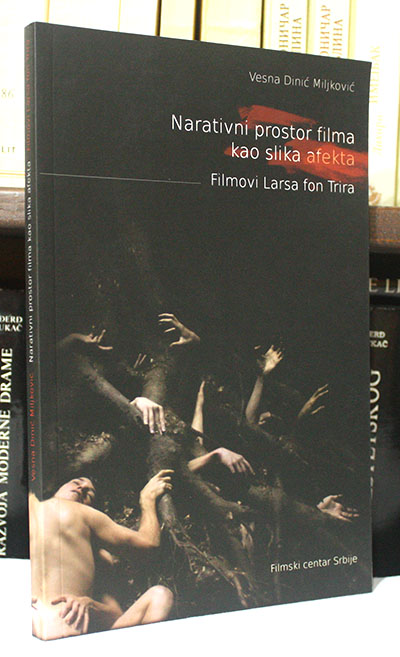
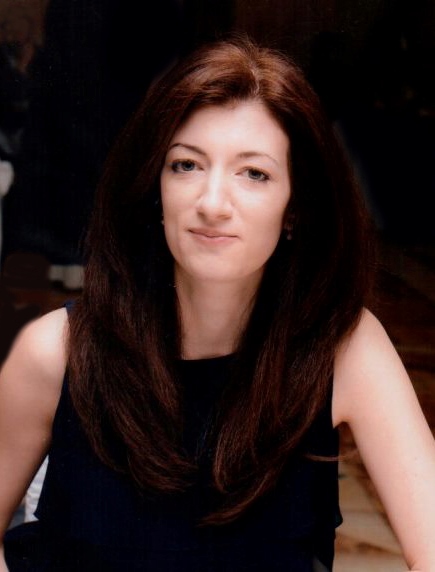
Overall, how do you like working in post after all the time spent “on the other side” of the production itself? What are the main challenges as a coordinator?
Vesna: Postproduction is just one phase of film development, and visual effects are just one of its segments. In that sense, the challenge is diving into that microworld and seeing how that connection is made between the live-action image and her imaginative made-up counterpart.
Can you highlight a few important qualities, better said skills that a coordinator or a producer in postproduction needs to have?
Vesna: I think that team spirit is something that certainly makes the job easier for the production department during the work on the project. There are a lot of mutually dependent steps, which means that the artists’ collective work, good mutual communication, and solidarity, become key factors that determine how efficiently the desired results will be achieved. I see the encouragement of that teamwork as a main task of a coordinator.
What are the biggest challenges of working in a studio like Crater whose collective is made up of predominantly artists?
Vesna: I have an honest admiration for the people creating art, and this position enables me to be a close witness to that process. However, managing clients’ requests, ambitions, and inevitable deadlines is most often a merciless task that requires from the artists understanding toward me and my position. I think that this mutual respect we have for each other is the key to our good cooperation.
What is the dearest project that you worked on in Crater?
Vesna: That is without a doubt a Marvel series “Moon Knight”. My first film after graduation was an American one because there is no better way to learn production than becoming a part of the strongest one in the world. Marvel for me was exactly that, just in a field of postproduction – learning from the greatest.
Interviewer: Branka Malenica

